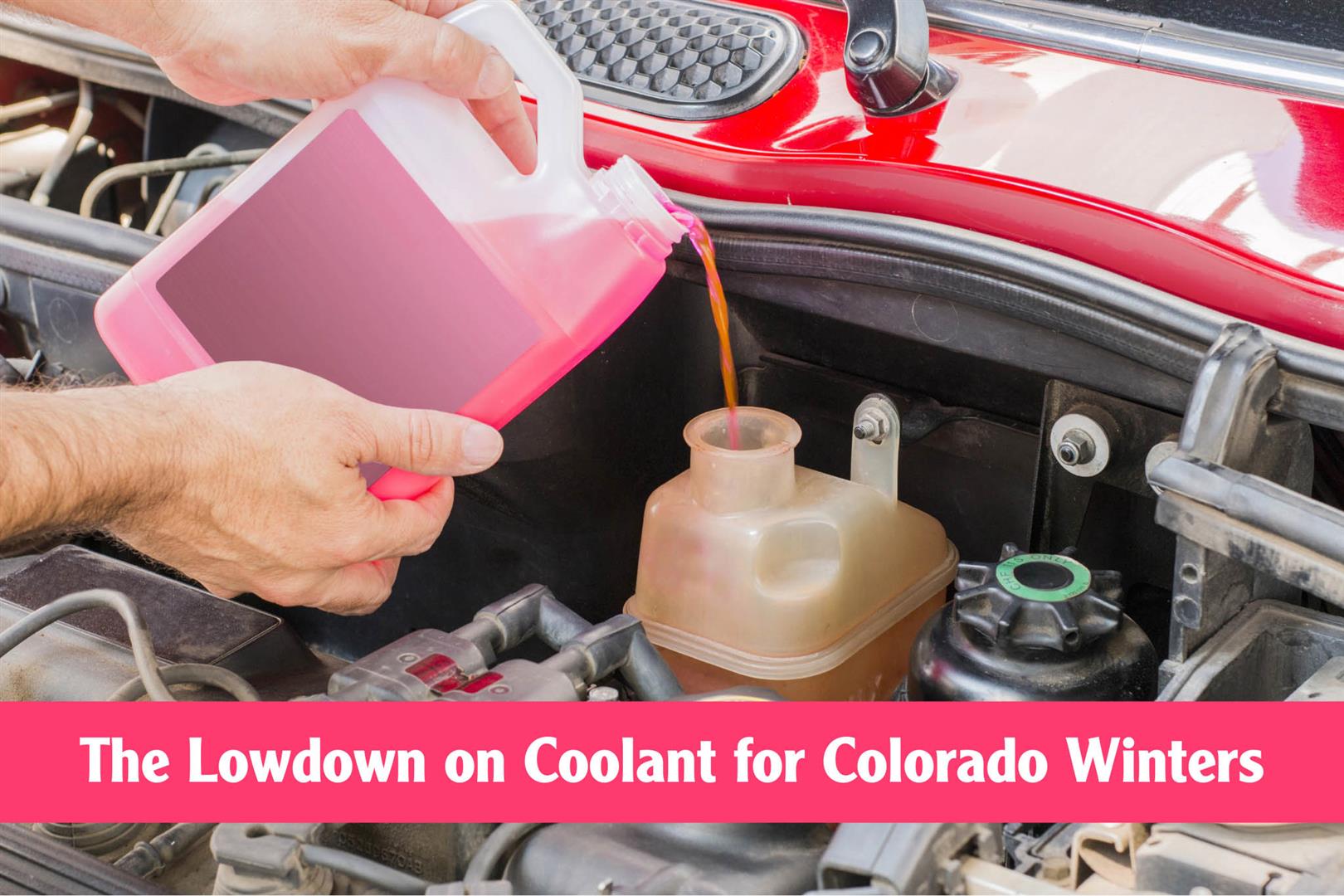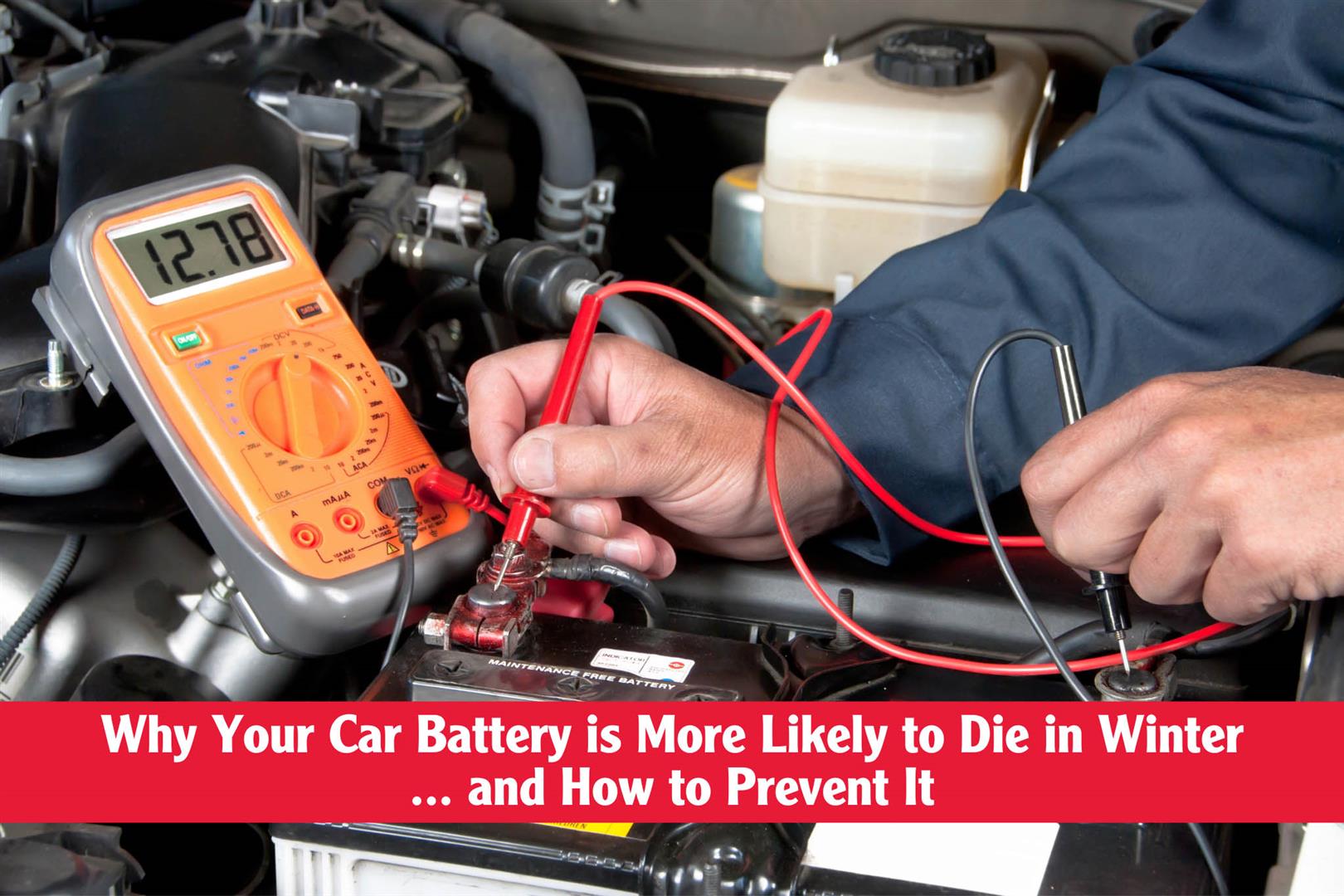Posted on 11/13/2024

If your Ford Escape has been stalling, it can be frustrating and concerning. Stalling can happen for several reasons, and it’s important to identify the issue before it leads to bigger problems. Here are a few common causes of stalling in a Ford Escape: 1. Dirty or Faulty Mass Air Flow (MAF) Sensor The MAF sensor measures the amount of air entering the engine and helps adjust the air-fuel mixture. If it’s dirty or malfunctioning, it can send incorrect readings, leading to stalling. 2. Clogged Fuel Filter or Fuel Pump Issues If the fuel filter is clogged or the fuel pump is failing, your engine may not be getting the fuel it needs. This can cause your Escape to stall, especially when accelerating or driving uphill. 3. Bad Idle Air Control Valve (IACV) The IACV regulates your engine’s idle speed. If it's dirty or damaged, your Escape might have trouble maintaining a steady idle, leading to stalling at stoplights ... read more
Posted on 11/11/2024

As temperatures start to dip here in Boulder, it’s time to make sure your vehicle’s coolant is up to the challenge of Colorado’s winter months. You might think of coolant (or antifreeze) as just a way to keep your car from overheating in the summer, but it’s just as critical for keeping your engine safe in the winter. Here’s a quick guide on why coolant matters and how to keep your engine running smoothly through the cold season. What Does Coolant Do, Anyway? Coolant is a mix of water and antifreeze, circulating through your engine to maintain the right temperature. In the summer, coolant prevents your engine from overheating. In the winter, it prevents the water in your engine from freezing. Without proper coolant levels and the right antifreeze mix, your engine could freeze, crack, or overheat—all of which can cause major (and costly) issues. Why is Coolant Extra Important in Winter?1. Prevents Freezin ... read more
Posted on 11/6/2024

If you’re hearing a clunking noise when you turn your car, it’s a sign that something could be wrong with your vehicle’s steering or suspension system. Ignoring this issue can lead to bigger problems, so it’s best to address it as soon as possible. Here are some common reasons why your car might be making that clunking noise: 1. Worn Out CV Joints or Axles Your car’s constant velocity (CV) joints are responsible for transferring power to your wheels when you turn. If these joints are worn out, especially in front-wheel-drive vehicles, you’ll hear a clunking or clicking noise when you make turns. 2. Loose or Damaged Suspension Components Ball joints, control arms, or tie rods are critical parts of your suspension system that help keep your car stable. When these parts are loose or worn, they can create a clunking sound, particularly during turns or when going over bumps. 3. Bad Struts or Sh ... read more
Posted on 11/4/2024

When winter hits Boulder, many drivers find themselves dealing with a frustrating problem: a dead car battery. Cold weather is hard on car batteries, which is why they often fail just when you need them most. Understanding why this happens, and what you can do to prevent it, could save you from getting stranded on a freezing morning. Here’s what you need to know to keep your car running smoothly all winter long. Why Do Car Batteries Die in Winter?1. Cold Temperatures Slow Down Chemical Reactions Car batteries rely on chemical reactions to produce power. When temperatures drop, these reactions slow down, meaning the battery can’t produce as much power. This is why a battery that seemed fine in the summer might suddenly struggle in the winter. 2. Engines Need More Power to Start in Cold Weather Cold weather thickens engine oil, making it harder for the engine to turn over. This requires more power from the battery ... read more
Posted on 10/30/2024

If you're hearing a ticking noise from your Chevrolet Suburban’s engine, you're not alone. This is a common issue that can stem from various causes. Some are simple fixes, while others might require more in-depth repairs. Let’s break down the potential reasons behind that ticking sound and when it might be time to get your Suburban checked out. Common Causes of Engine Ticking in a Suburban1. Low Oil Level or Oil Pressure One of the most common causes of ticking sounds in engines is low oil. Oil lubricates the engine's moving parts, and if it's low, those parts can start to rub against each other, causing a ticking noise. It’s also possible that the oil pressure is too low to properly lubricate everything. Regular oil changes help prevent this issue, but if you're hearing a ticking noise, it's a good idea to check your oil level or schedule an inspection. 2. Lifter Tick ... read more